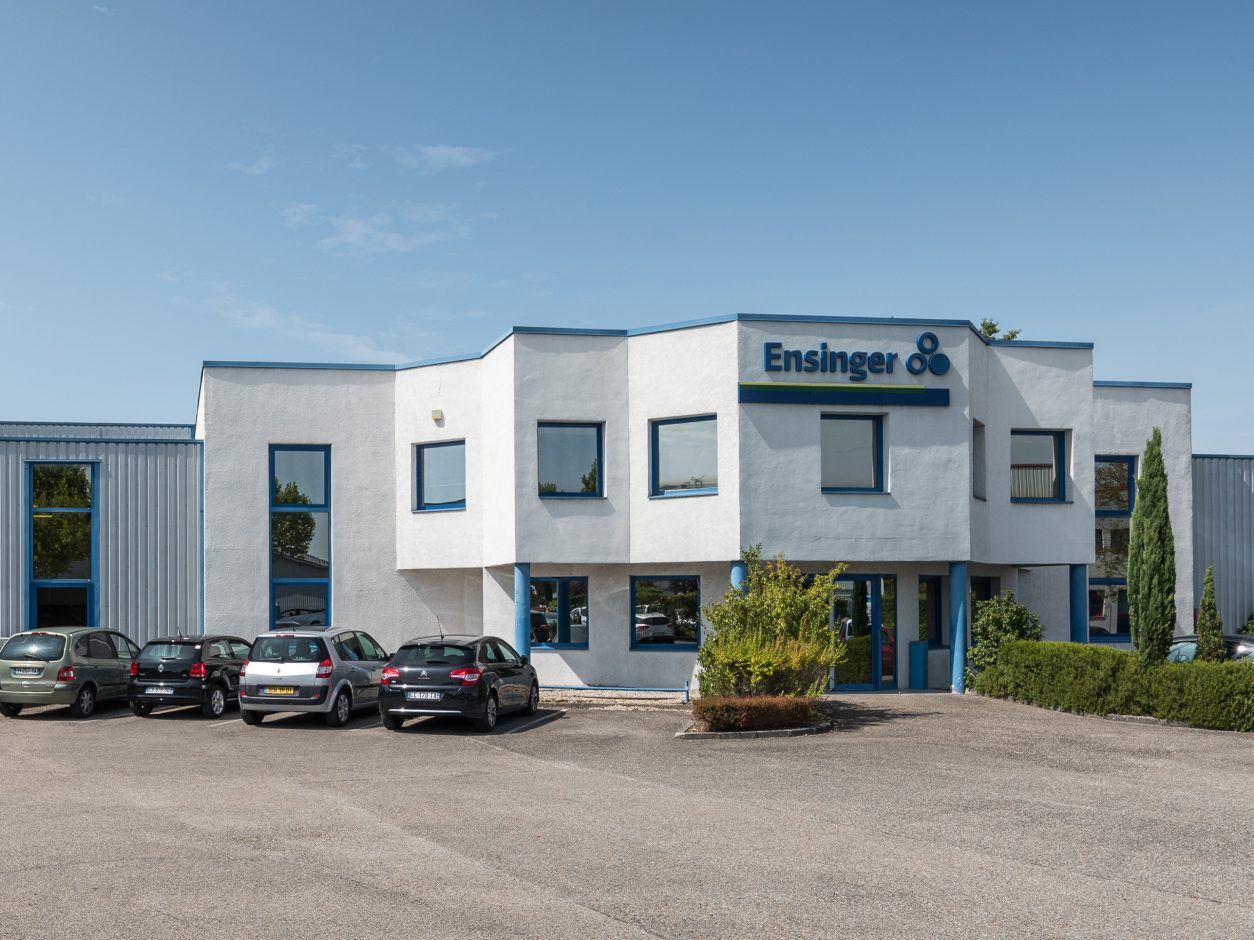“Aluminium is the preferred material for frames particularly where there is a large glazed area”, explains Guérin. “It is stable, lightweight, corrosion-resistant and recyclable. But it still has a high thermal conduction capacity. In order to offer high energy efficiency, the inner and outer shells of the frames must be thermally separated.”
With its very low thermal transmission coefficient, insulbar helps minimise energy losses. As far back as 1977, plastics specialist Ensinger supplied the world’s first mass-produced insulating bar to the system manufacturers. The precision profiles made from glass fibre reinforced polyamide are being continuously developed together with the customers. Nowadays they allow passive house standards to be met, with an UW below 0.8 W/m2K.
Alongside conventional insulating bars, Ensinger offers innovative products such as insulbar LI (lambda improved), insulbar LO (lambda optimized), insulbar RE from 100% unmixed recycled polyamide and insulbar LEF with a low-E film; there is also its shear-free insulbar profile for minimising the bi-metal effect in doors made from aluminium.
Further information: www.insulbar.com






